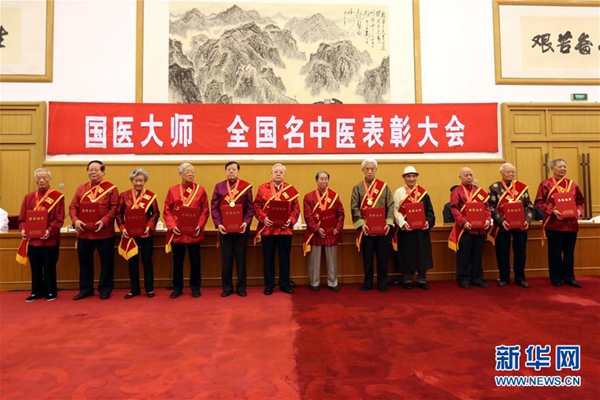Carrier battle group will call on HK
|
|
|
The PLA Navy’s CNS Liaoning will visit Hong Kong to mark the 20th anniversary of the special administrative region. [Photo/China Daily] |
The People’s Liberation Army Navy aircraft carrier CNS Liaoning and its battle group will make their first visit to Hong Kong amid celebrations marking the 20th anniversary of the special administrative region’s return to the motherland, a Defense Ministry spokesman said.
Senior Colonel Wu Qian said at a news conference in Beijing on Thursday that Saturday will mark not only the 20th anniversary of Hong Kong’s return but also the 20th year of the PLA’s presence there.
A detailed schedule for the visit will be released later.
The carrier battle group, which consists of the Liaoning, the guided-missile destroyers CNS Jinan and CNS Yinchuan, the guided-missile frigate CNS Yantai and several J-15 carrier-borne fighter jets and helicopters, embarked from its home port in Qingdao, Shandong province, on Sunday. It is conducting routine training listed in the Navy’s annual plan, Navy officials said.
During the training, ships drill in formation and perform combat maneuvers and aircraft hone aerial tactics, the Navy said. The operation is aimed at improving coordination among ships in the battle group and boosting the capabilities of pilots and sailors.
Li Jie, a senior expert at the PLA Naval Military Studies Research Institute, said ships in the group including the Liaoning are likely to hold open houses for Hong Kong residents, and their commanders and sailors are likely to participate in parties with local communities.
A performance by shipborne helicopters also is possible to display the Navy’s operational capability, he said.
The Liaoning, a refitted Soviet-era vessel, was commissioned by the Navy in 2012. Its battle group carried out a live-fire exercise in the South China Sea and western Pacific Ocean in December and January.
China launched its first domestically developed aircraft carrier in April in Dalian, Liaoning province. Like the Liaoning, the new ship has a displacement of around 50,000 metric tons and a conventional propulsion system, and will also carry J-15 fighter jets.

